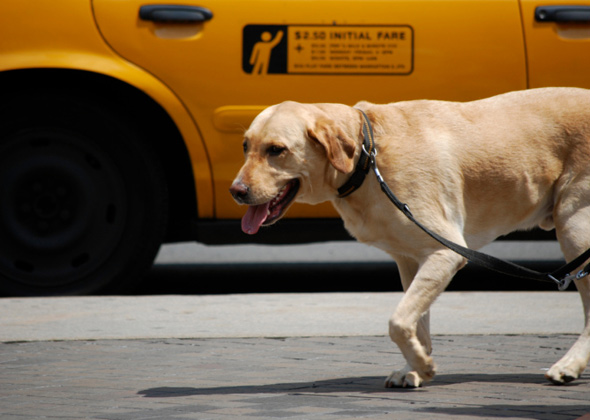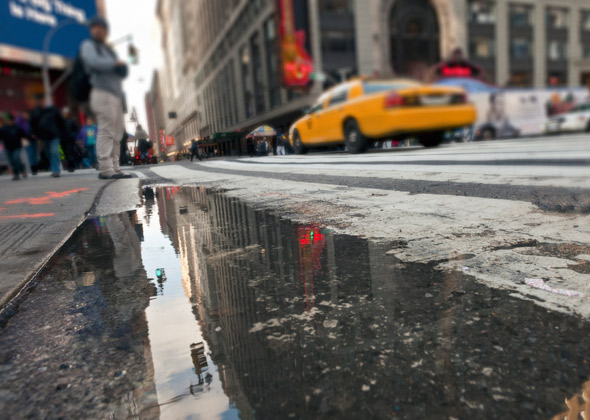Urban Dangers That Can Harm Your City Pet
Published on June 30, 2015
Skip To
Dr. Ann Hohenhaus lives and practices in one of the most densely populated metropolises in the world: New York City. As a veterinarian, she sees firsthand the dangers that can harm cats and dogs who live in cities, from hot pavement to a bacteria carried in pigeon poop.
If you’re a city-dwelling pet owner, check out our slideshow, so you can be aware of the risks and do all you can to protect your pets.
More on Vetstreet:
If you’re a city-dwelling pet owner, check out our slideshow, so you can be aware of the risks and do all you can to protect your pets.
More on Vetstreet:











